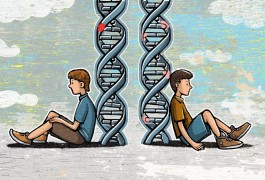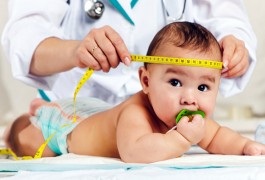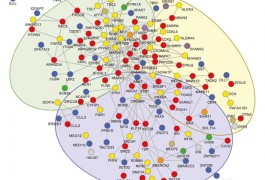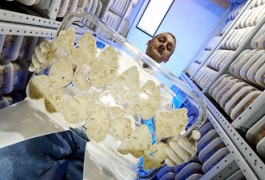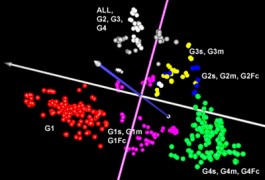Some sibling sets arrive at autism with different mutations
Less than one-third of sibling pairs with autism who carry rare mutations in autism-linked genes share those mutations, according to the largest study yet to sequence whole genomes of people with the disorder. The study questions the assumption that autism’s risk factors run in families, but some experts are skeptical.
